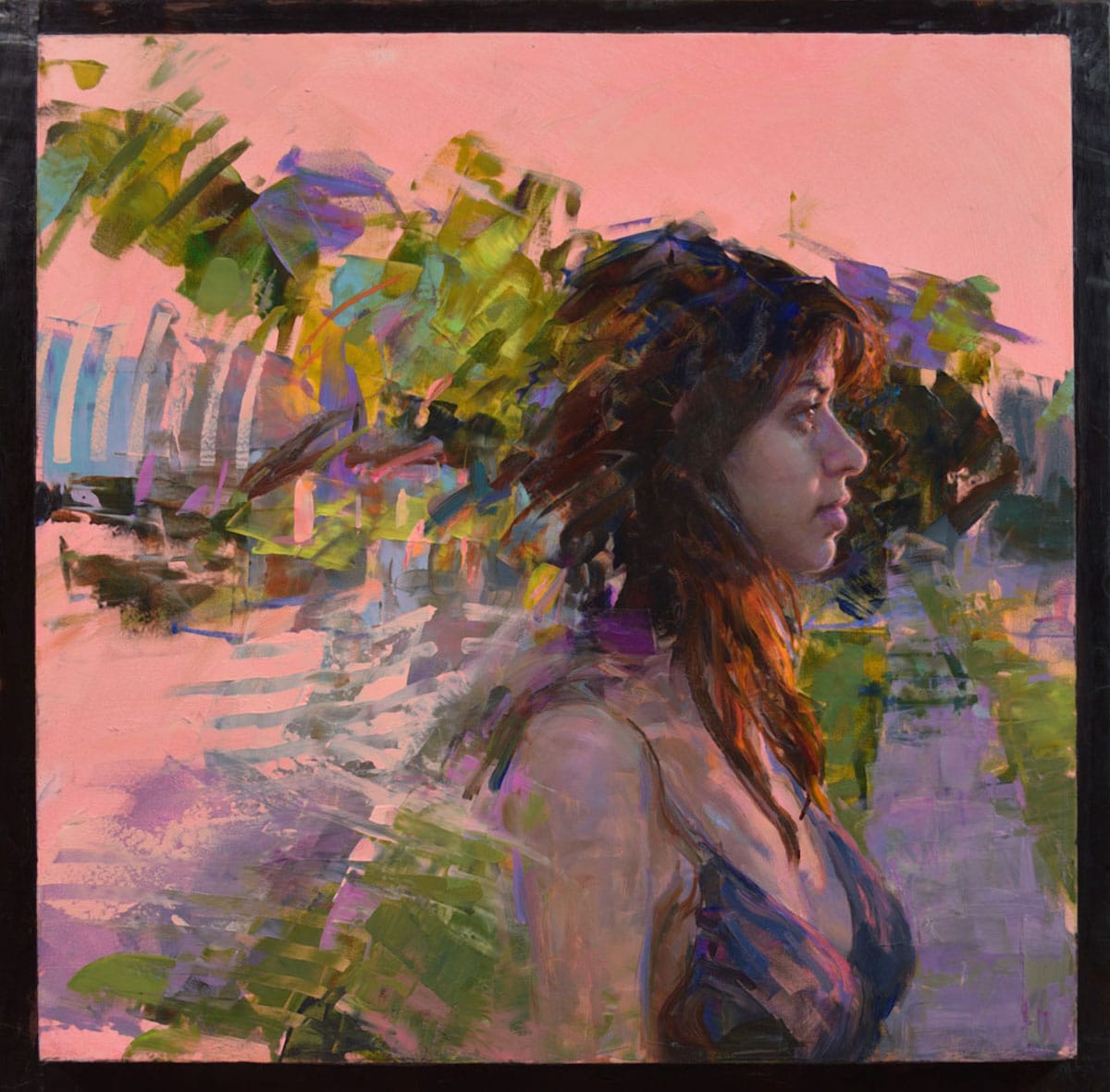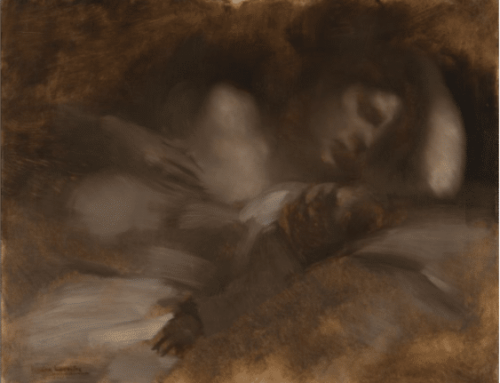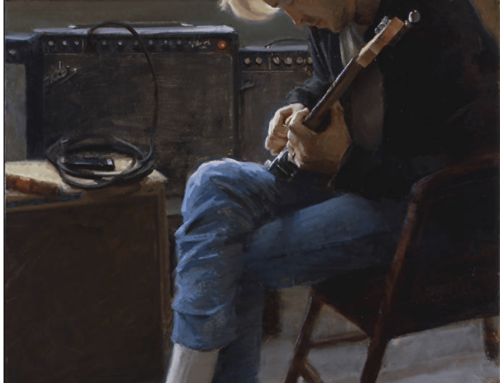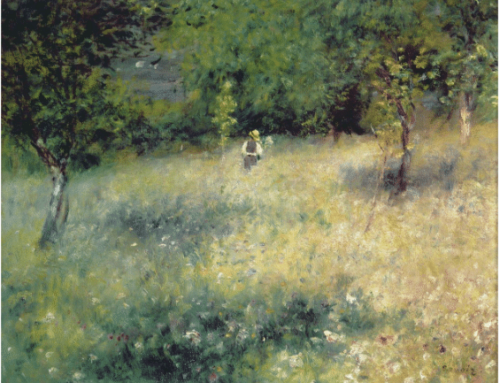Realism vs. Abstraction? You can waste a lot of mental energy worrying over whether your work is too abstract or too representational, too tight or too loose, too detailed or not realistic enough. I want to tell you to stop wasting your time.
I once had to interview an older abstract painter known to be a cagey subject, notorious for resisting publicity. Mid-interview, he turned the tables on me, and he started asking me the questions. “You paint, do you?” he said. “Who do you like?” I dropped the name of an abstract expressionist I admired and still do – Franz Kline. “Kline, eh?” he replied. And after a moment’s pause he said, “Is there anything in it?”
It stopped me in my tracks.
From that moment I stopped worrying. Because I realized it’s not how abstract or how representational a painting is that matters. An abstract painting can be strong or it can be weak. A realistic painting can be strong or it can be weak. What matters is what the artist puts into it.
And from then on, I stopped judging paintings on their style and started looking at them for substance as well.
“Representations will never be replaced,” artist and author Philip Evergood (1901–1973) once said, “because new minds add phases to it, just as the violin will always remain an instrument because it supplies a need – a special beauty – a quality in music which nothing else can replace.”
I love abstract paintings that seem to channel the forces of nature and life. I love realist paintings that do the same. I love any work that communicates authentic insight about people, places, and things and what it’s like to live among them with an open heart and mind.
“I think that people will always be eager to see art that deals with the forms of nature,” Evergood said, “with man, with animals, with trees, art which tries to express the varying moods of nature, the human values and emotions.”
“Let the theorists theorize and the avant-garde-ists ‘lead.’ Let the monuments grow to the most stupendous and awe-inspiring dimensions which money and power can produce, fancifully fulfilling the aggrandizements of this or that sect in art.”
“Any art which has imagination, has the “magic touch” and expresses universal truths which man can feel and understand, is valid – is Art. Only people and time will decide what is great.”
As far as being “lasting” in our present state of the atomic age, only the diplomats and military leaders will decide what is to last.”
-From two statements by Philip Evergood (1963, 1961) published in Painters on Painting by Eric Protter (originally published in 1971, available as a reprint from Dover Editions).




